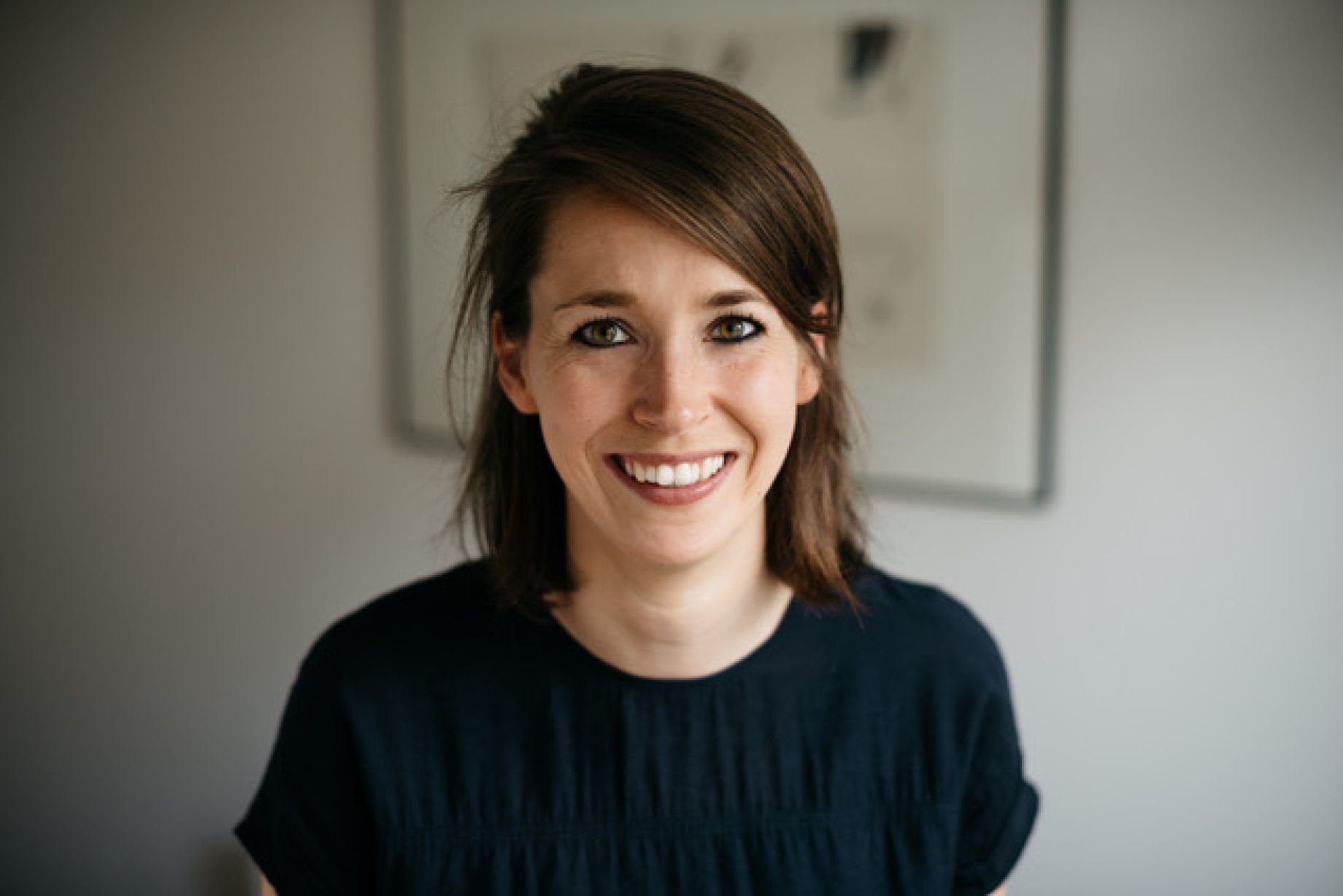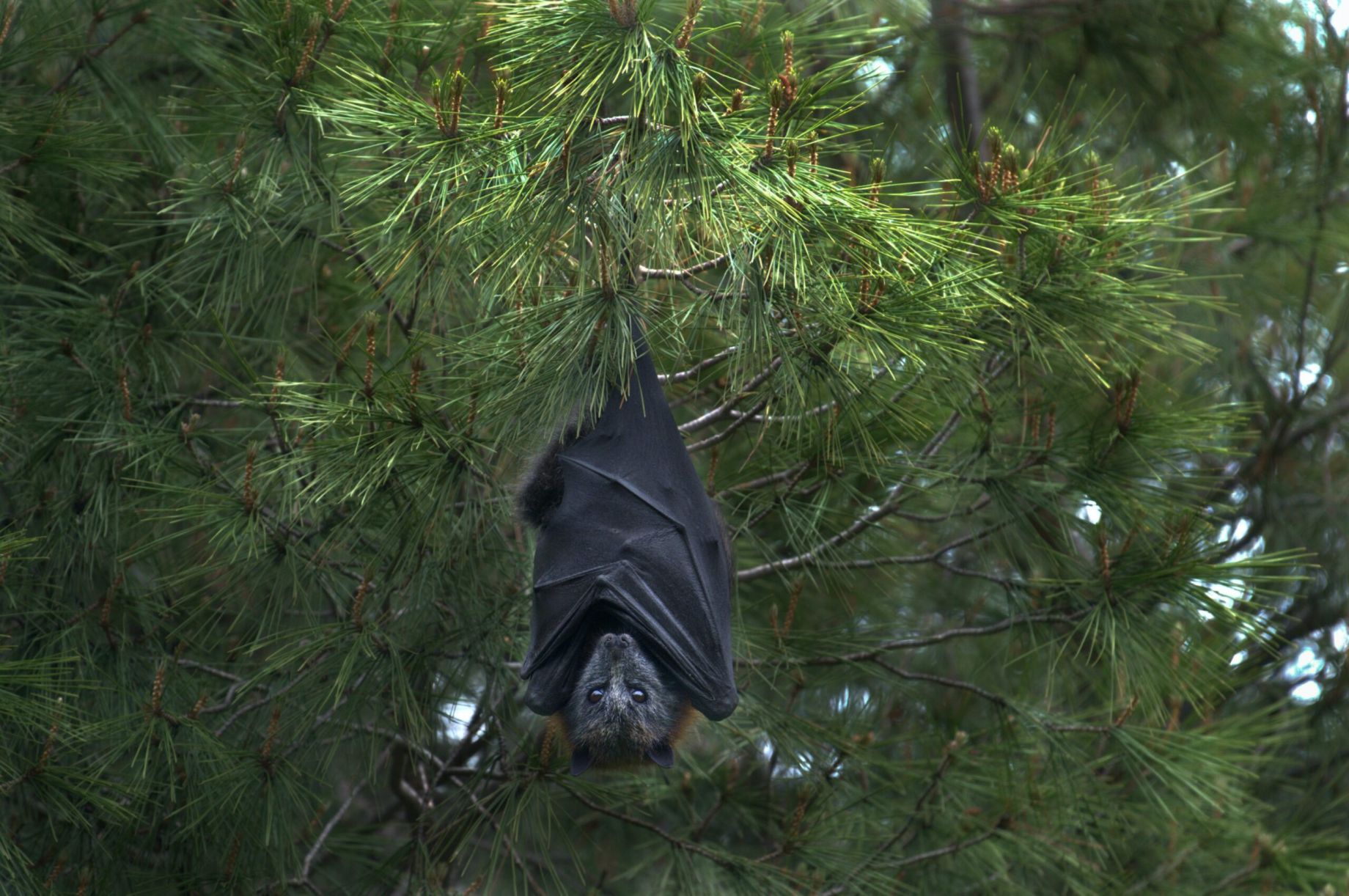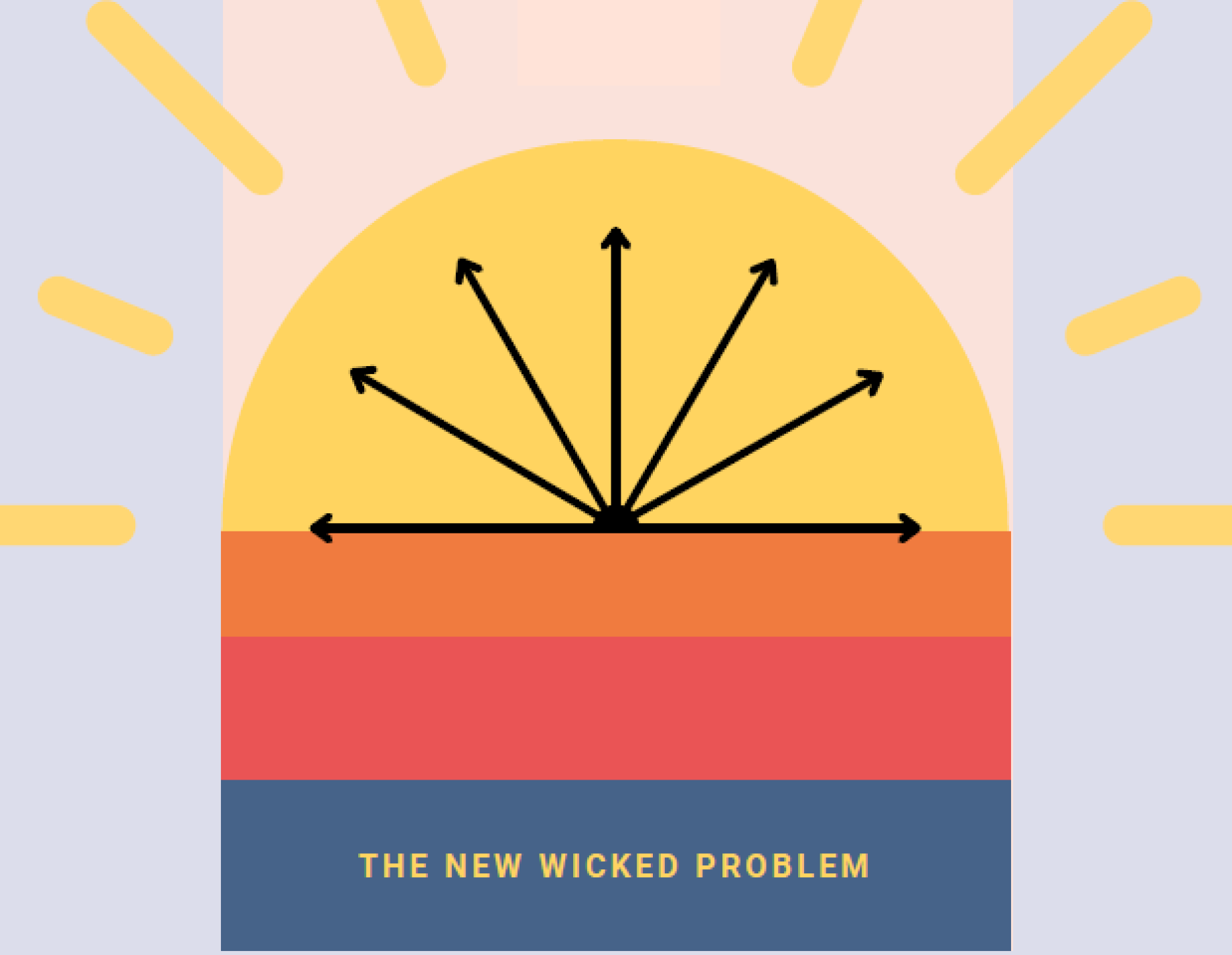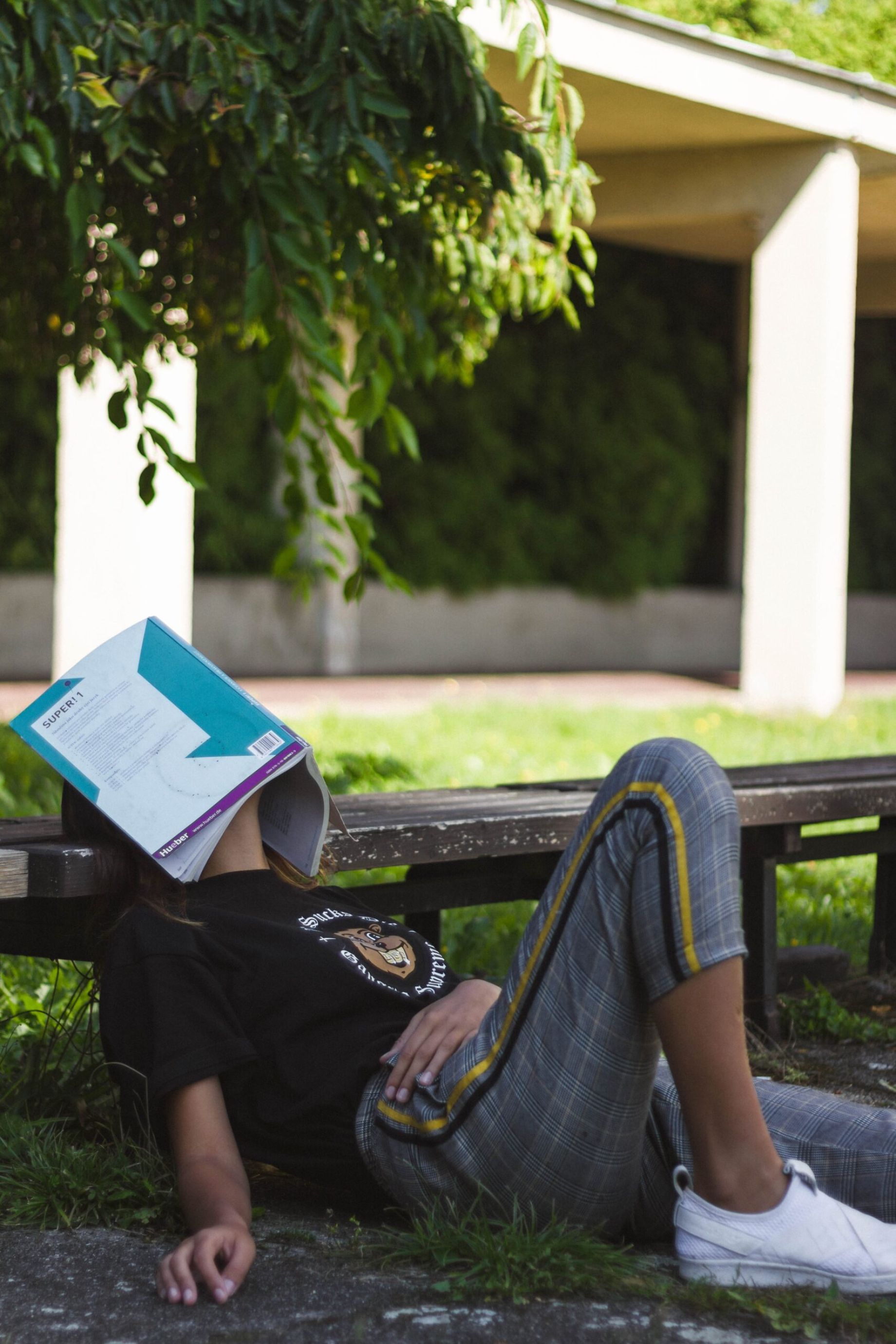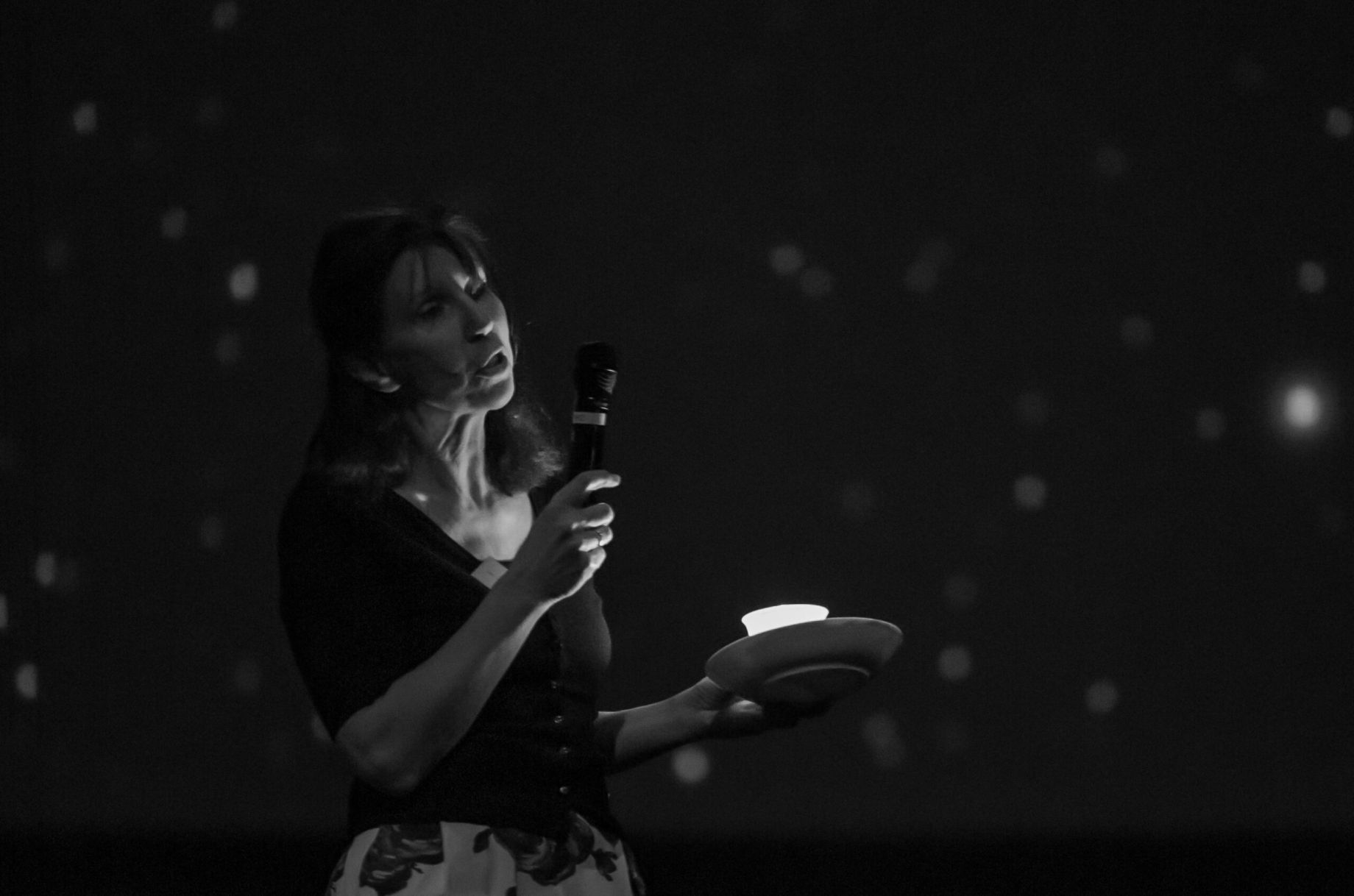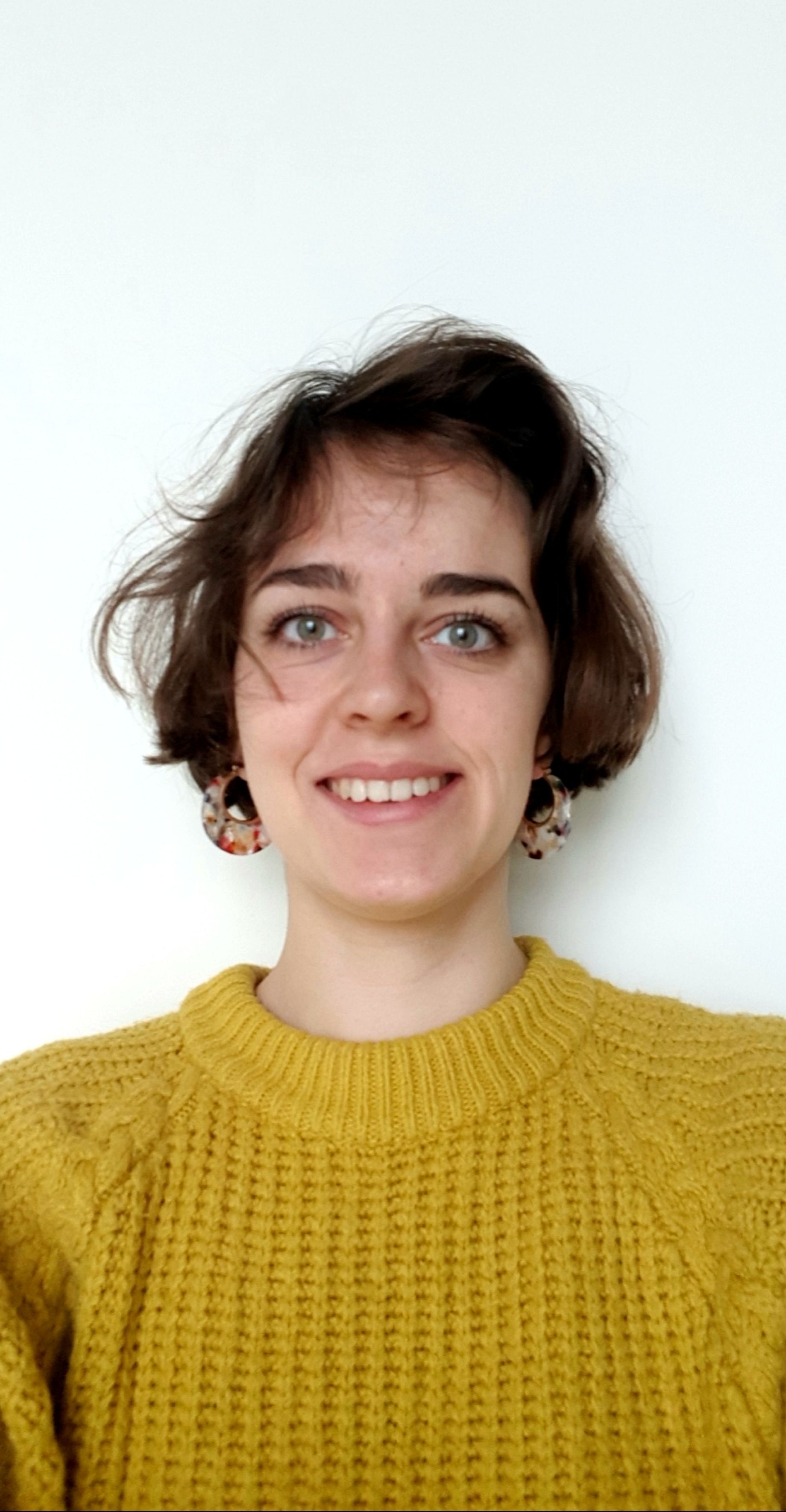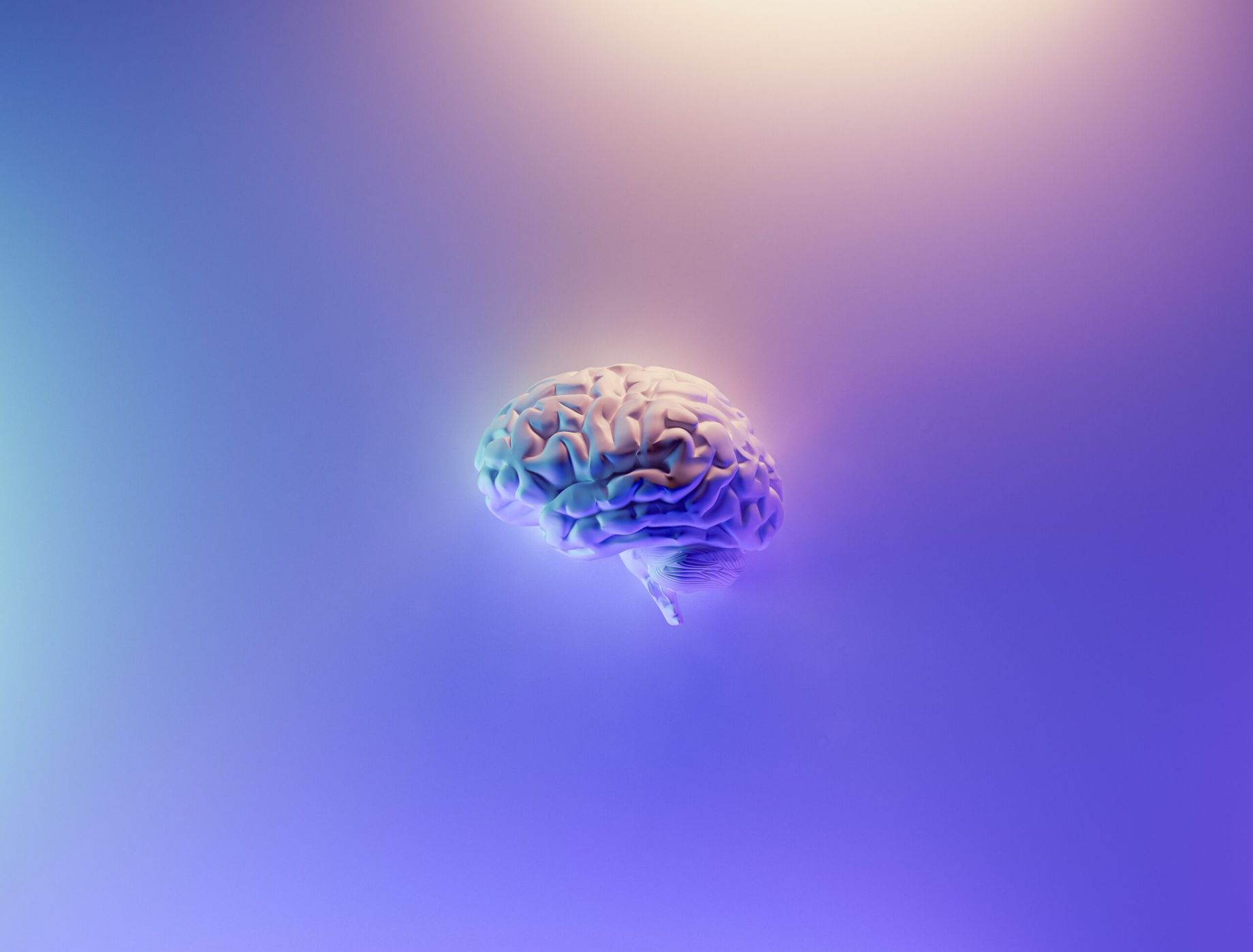Author: bioclock
In the summer of 2021, Jorine has started her BioClock post doc research at the Erasmus MC. This project is a collaboration with BioClock PhD Demy van Gilst and under supervision of dr. Ines Chaves and dr. Marijn Vermeulen and professors Bert van der Horst and Irwin Reiss. The main goal of the project is to improve the rhythms of preterm babies. In the uterus, children are exposed to daily rhythms from the mother mainly. Once they are born but still in hospital care, the...
Artificial light disturbs the biological clock of animals – a report of BioClock research in the Volkskrant (national newspaper)
Kamiel Spoelstra, BioClock researchers, explains in a large interview how artificial light affects the environment. Especially bats, his expertise, are largely affected by streetlights and building lighting. He explains that certain species may flourish in extra lighting but many species are disturbed by it. Together this reduces the diversity of bat species and biodiversity in general. Less bats leads to changes in the population of nocturnal moths as they are their source of...
Disturbance of the circadian rhythm in Western society – an honours project
A team of honours students of the University of Amsterdam created a magazine on the disturbance of the circadian rhythm in Western society. They approached this ‘wicked challenge in health’ from different perspectives, including biological, psychological and sociological. BioClock researchers Oana-Georgiana Rus-Oswald (LU), Emma Visser (TU/e) and Tom de Boer (LUMC) were among the interviewees. The magazine can be found here:
...
Suffering from sleep problems as a student? Join the i-Sleep & BioClock online program.
Are you a university student who suffers from sleep problems? Do you struggle to fall asleep or sleep through the night? Say no more…In the last couple of months, we have been collaborating with experts in the field of sleep research and clinical psychology at Leiden University and Vrije Universiteit Amsterdam (VU Amsterdam) to develop the i-Sleep & BioClock program, which is now available on the Caring Universities platform!
The program will help you...
BioClock has started!
Last Thursday, April 21st, we celebrated the official start of BioClock with our kickoff event! After delaying the original meeting, we welcomed over 80 participants of the consortium on a great spring day. ARTIS Amsterdam Royal Zoo was the host of our event which allowed us to use great venues. In the dome of the Planetarium, attendees experienced a real dark night and with a sky full of stars. Milo Grootjen, head of the Planetarium, emphasized that we, unfortunately, rarely...
Hannah studies how light at night may contribute to the loss of insects
PhD candidate Hannah Broeckx recently started her PhD research at the University of Amsterdam. Under supervision of prof. Astrid Groot and dr. Emily Burdfield-Steel, she will investigate the effects of light at night in urban areas on the behavior and physiology of nocturnal insects such as moths. Since these animals are an important element in a food chain, negative consequences for these species may cause even larger effects on biodiversity. Hannah introduces herself...
Latest insight – How the human biological clock responds to light
A new publication in PNAS by BioClock researchers shows how the SCN responds to different colors of light. In the remarkable study, led by BioClock coordinator Joke Meijer (Leiden University Medical Center, LUMC), it was discovered that not only blue light triggers activity of the biological clock. This is a groundbreaking discovery because until now it was generally thought that blue light stimulates our biological clocks the most. Now Meijer and colleagues found that other colors...
